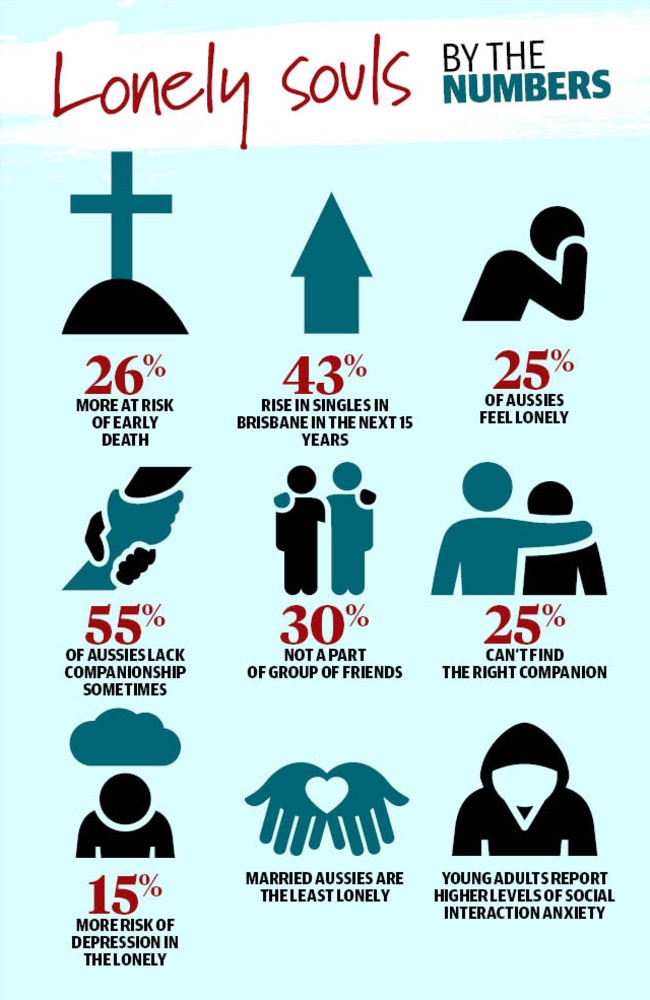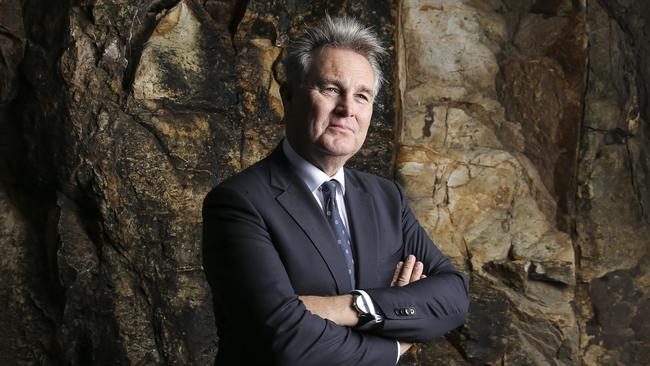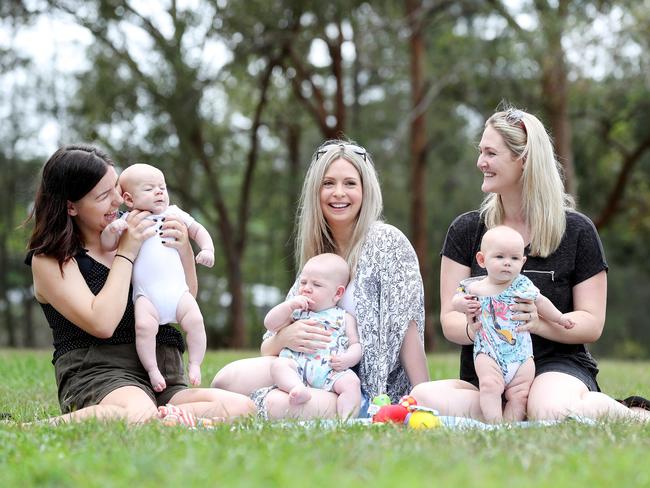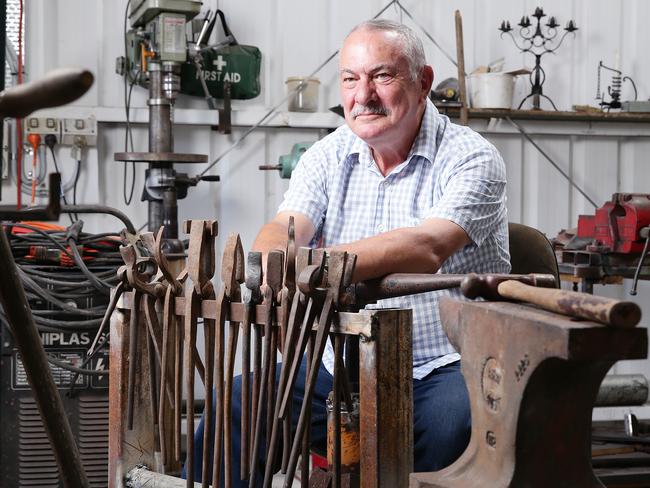Loneliness is Australia’s new public health crisis
Top medical experts say Australia’s loneliness epidemic is crippling, and it is not just older people who are suffering from a lack of human connection.
QLD News
Don't miss out on the headlines from QLD News. Followed categories will be added to My News.
LONELINESS is Australia’s new public health crisis with an increasing number of people at risk of sickness and even early death because of a lack of companionship.
Top medical experts say the loneliness epidemic is crippling, and it is not just older people who are suffering from a lack of human connection.
The epidemic is so concerning that there have been calls for a Federal Minister for Loneliness which has the support of the Australian Medical Association.
The number of people living alone in Australia has skyrocketed, while family breakdowns are also on the rise. The loss of neighbourhood connection and community gatherings such as attending church is also diminishing which is all leading to a health crisis.

Royal Australian College of General Practitioners president Dr Harry Nespolon said GPs were seeing an increasing number of cases of extreme loneliness.
“It’s a serious issue and needs recognition. Over the years, cities have become very lonely places. The aged, young mums, even people who are in relationships can all be lonely,” Dr Nespolon said.
Projections by the Australian Bureau of Statistics show a 43 per cent rise in the number of singles in Brisbane in the next 15 years.
Demographer Bernard Salt said connectivity was being crushed by technology.
“Life has changed so much that even 20-year-olds report feeling lonely. In the past, young people were often in a relationship in their 20s but now it's a lot later,’’ Mr Salt said.
“My research has told me that people who are working in big offices surrounded by co-workers are lonely. We don’t connect like we use to, messages are sent via phones and computers. Add that to the increasing aged population and I would suggest that by 2020 we will be facing a very serious problem of isolation, loneliness and possibly depression that we are not prepared for.”

The director of Public Health for the Australian Medical Association Simon Tatz believes that while the Government has instigated initiatives in the aged-care sector, a much more comprehensive community focus is needed.
“While some may scoff at the idea of a Minister for Loneliness or a Minister for Social Inclusion, it certainly has merit,” Mr Tatz said.
The Federal President of the AMA, Tony Bartone, said the scope and seriousness of loneliness in our own backyard needed urgent focus.
“It would be up to the Government what name they give the Minister but a portfolio directed at loneliness would be able to reach out across all areas that have impact, like infrastructure, community planning, research and data collection,” he said.
In January the UK appointed a Minister for Loneliness following a report from the Jo Cox Commission on Loneliness. The commission found that more than nine million people in Britain often or always feel lonely.
“We need to keep all eyes on the UK as they take on this serious health problem,” Dr Bartone said.
The Journal of Neurology, Neurosurgery and Psychiatry published a study which showed older people who report feelings of loneliness and social isolation are more likely to develop Alzheimer’s disease and other forms of dementia, and loneliness is also associated with depression, increased blood pressure and higher cholesterol levels.
“Swinburne University research discovered that loneliness is a risk factor for all causes of early death and can increase the chances of earlier death by 26 per cent, which they say is greater than the risk for obesity,” Dr Bartone said.
The Opposition spokeswoman for Ageing and Mental Health, Julie Collins, said Labor had been working with academics and organisations to develop a better understanding of loneliness in Australia.
“Labor takes loneliness seriously as a social policy and public health priority,” she said. “This important issue, which affects so many lives, deserves to be taken more seriously. Labor will continue to lead the national debate on this emerging issue.”

BABY STEPS TO SOCIALISING
NEW Brisbane mum Sarah Trinne says it would be very easy to stay home with bub and it takes effort to go out and meet other mums.
“I can see why new mums could become isolated and lonely,” the 32-year-old said. “You are sleep-deprived and it all seems too hard. I have been lucky to get to know a lovely bunch of new mums through Facebook and the app Peanut, which is kind of like Tinder for mums and bubs.
“It’s a bit nerve-racking in the beginning but it is so worth it. Getting out of the house and talking over struggles with other women just helps ease pressure.
“Friendships lift the spirits and I hope our bubs grow up to be friends too.”

SHEDLOADS OF HELP FOR THE ISOLATED
PEOPLE power has been responsible for dozens of men in Brisbane making treasured friends. Under the leadership of David Cope, 72, more than 75 mostly retired men gather at the Centenary Suburbs Men’s Shed a few times per week.
The club was set up by residents following the 2011 floods as many in the area were depressed as they dealt with the damage and devastation.
“I think it is possible that over the years that the shed has saved lives. Most of the men are older and retired. They have left the workplace where they had a bunch of mates and find themselves lost and alone. Others are widowers who live alone. We are a great bunch of mates and talk about health and things that men often don’t talk about. The company can stave off depression and give you a purpose every day. It is good for mental and physical wellbeing,” Mr Cope said.
The men build and repair playgroup equipment and bikes for special needs schools in the area.
“It does the heart good to be helping people, and at our 9.30 smoko we have the best laugh,” Mr Cope said.


